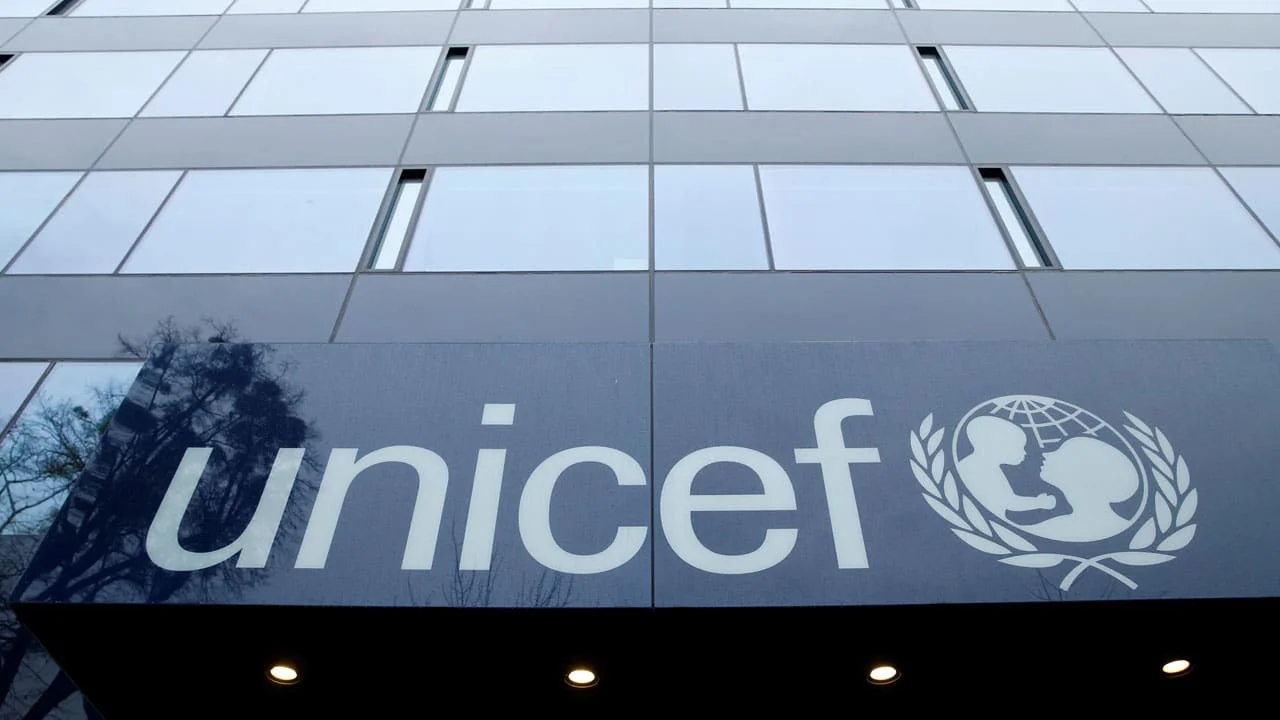Nigeria’s education system facing challenges of retaining students – UNICEF
The United Nations Children’s Fund, UNICEF, has said the education system in Nigeria faces challenges in retention, transition and completion by students –particularly in the North East and North West regions of the country.
Speaking during a two-day regional stakeholder meeting on out-of-school children and retention, transition and completion models in Bauchi, Gombe and Adamawa states, UNICEF’s Bauchi Chief of Field Office, Tushar Rane, said the situation has become worse compared with 10 years ago.
According to him, over the past decade, the situation has worsened, with a significant number of primary and junior secondary school-age children out of school, totalling 10.2 million and 8.1 million respectively, a situation which places Nigeria at the forefront of global challenges in education.
The United Nations Children’s Fund, UNICEF, has said the education system in Nigeria faces challenges in retention, transition and completion by students –particularly in the North East and North West regions of the country.
Speaking during a two-day regional stakeholder meeting on out-of-school children and retention, transition and completion models in Bauchi, Gombe and Adamawa states, UNICEF’s Bauchi Chief of Field Office, Tushar Rane, said the situation has become worse compared with 10 years ago.
According to him, over the past decade, the situation has worsened, with a significant number of primary and junior secondary school-age children out of school, totalling 10.2 million and 8.1 million respectively, a situation which places Nigeria at the forefront of global challenges in education.
“Only 63 percent of primary school-age children regularly attend school. According to the Multiple Indicator Cluster Survey 2021, only 84 percent of children effectively transition to junior secondary education after primary school completion. Less than 50 percent – about 2.4 million – of the 5.9 million children who commence Primary Grade 1 annually in Nigeria persist to the conclusion of Junior Secondary Grade 3,” he said.
In his address, Yawoji Ahmed Bala, a director from Gombe State Universal Basic Education Board, cited factors like early marriage, peer pressure, and social norms as contributing to the high number of out-of-school children.
DAILY POST reports that the stakeholders’ meeting aimed to garner collective commitment towards developing and implementing strategies to reduce the number of out-of-school children and improve retention, transition, and completion rates, particularly for adolescent girls and boys in secondary education.
The meeting, attended by commissioners of education from the states and executive secretaries of state SUBEBs, emphasised the urgent need for concerted efforts to address the challenges in Nigeria’s education landscape.

